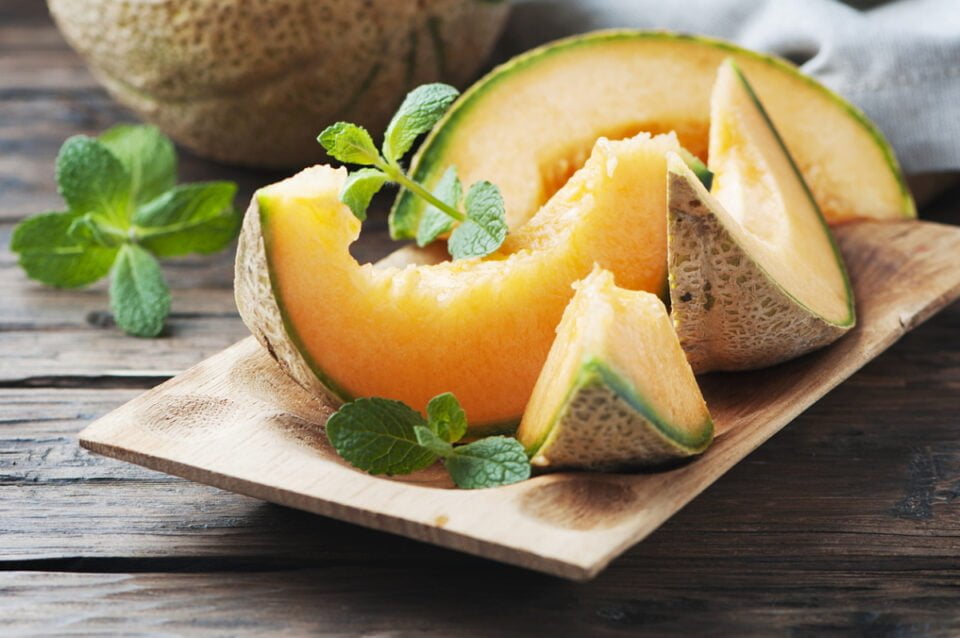The Uzbek Agency for Technical Regulation has begun developing an international standard on the quality requirements for melons grown in Uzbekistan, EastFruit experts say.
The work is carried out within the framework of the “CANDY-V” project initiated by the Hilfswerk International in cooperation with the United Nations Economic Commission for Europe (UNECE), the United Nations Development Program (UNDP) and USAID. The initiative is aimed at improving the quality and competitiveness of Uzbek melons, the Uzbek agency said in a statement.
The international standard for dried melon initiated by Uzbekistan was adopted by a UN specialized commission in November 2019. The Working Party on Agricultural Quality Standards of the UN Economic Commission for Europe adopted the first international standard for dried melons which was proposed by Uzbekistan. The quality standard for dried melons was developed by the Uzstandart and other agencies with the support of a working group on quality standards, which included experts from Kazakhstan, Kyrgyzstan and Tajikistan.
Undoubtedly, the introduction of an international quality standard for fresh melons will contribute to the expansion of the export geography of Uzbek melons, the main export markets for which are post-Soviet countries.
However, in early July 2021, EastFruit analysts noted important changes in the geography of Uzbek melon exports from 2018 to 2020. Until 2018 the country exported melons to no more than 11 countries, excluding countries with export volumes of less than 18 tons. Over the past few years, the export geography has expanded to 17 countries, excluding export volumes of less than 18 tons.
From 2018 to 2020, the Netherlands, Czech Republic, Sweden, England, Moldova joined the importers of Uzbek melon. Also, exports to Poland became regular, the volume of exports to Germany increased from 470 to 860 tons, to Latvia from 740 to 2,750 tons, and to Ukraine from 450 to 4,000 tons.
The use of the site materials is free if there is a direct and open for search engines hyperlink to a specific publication of the East-Fruit.com website.




